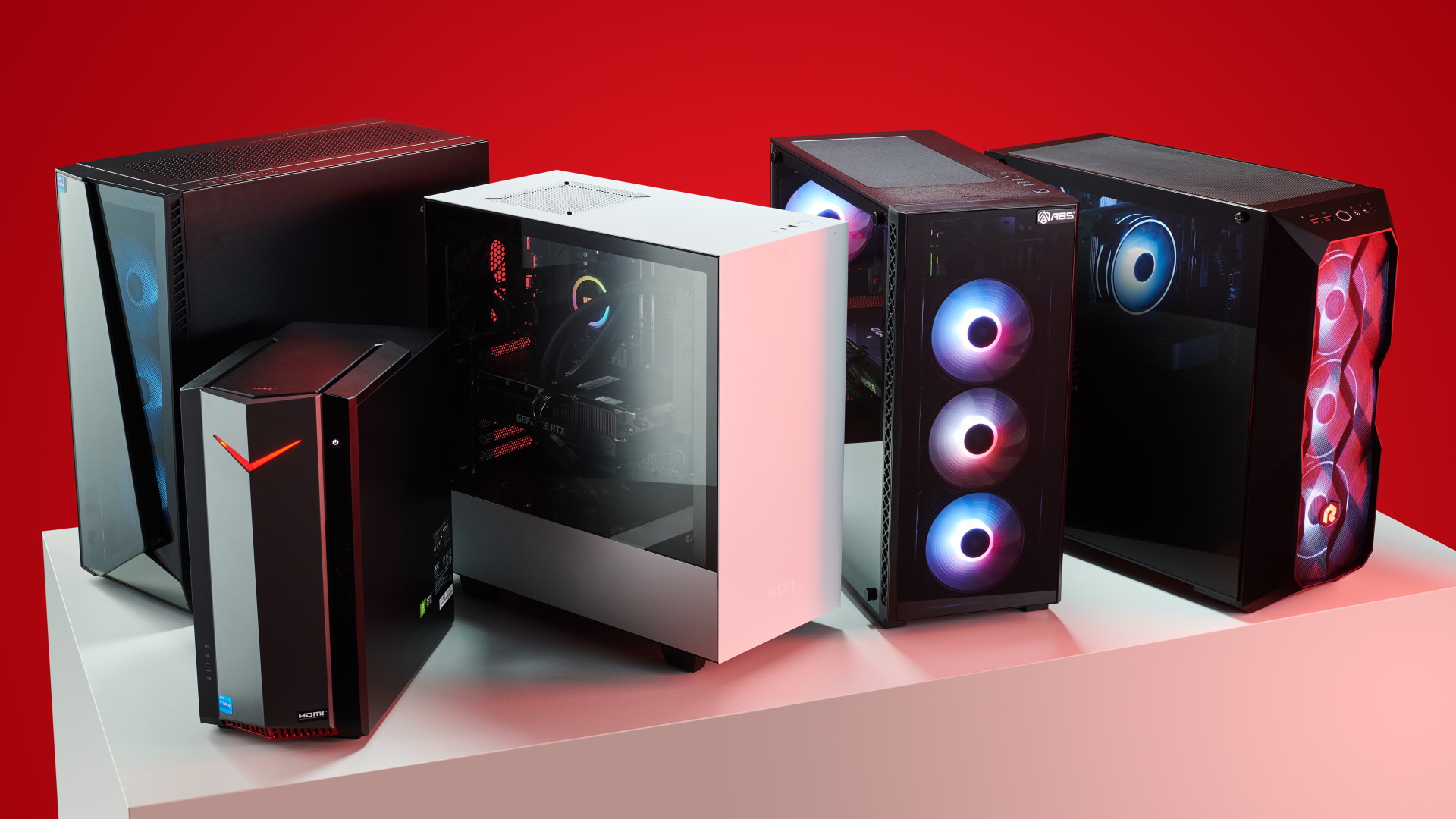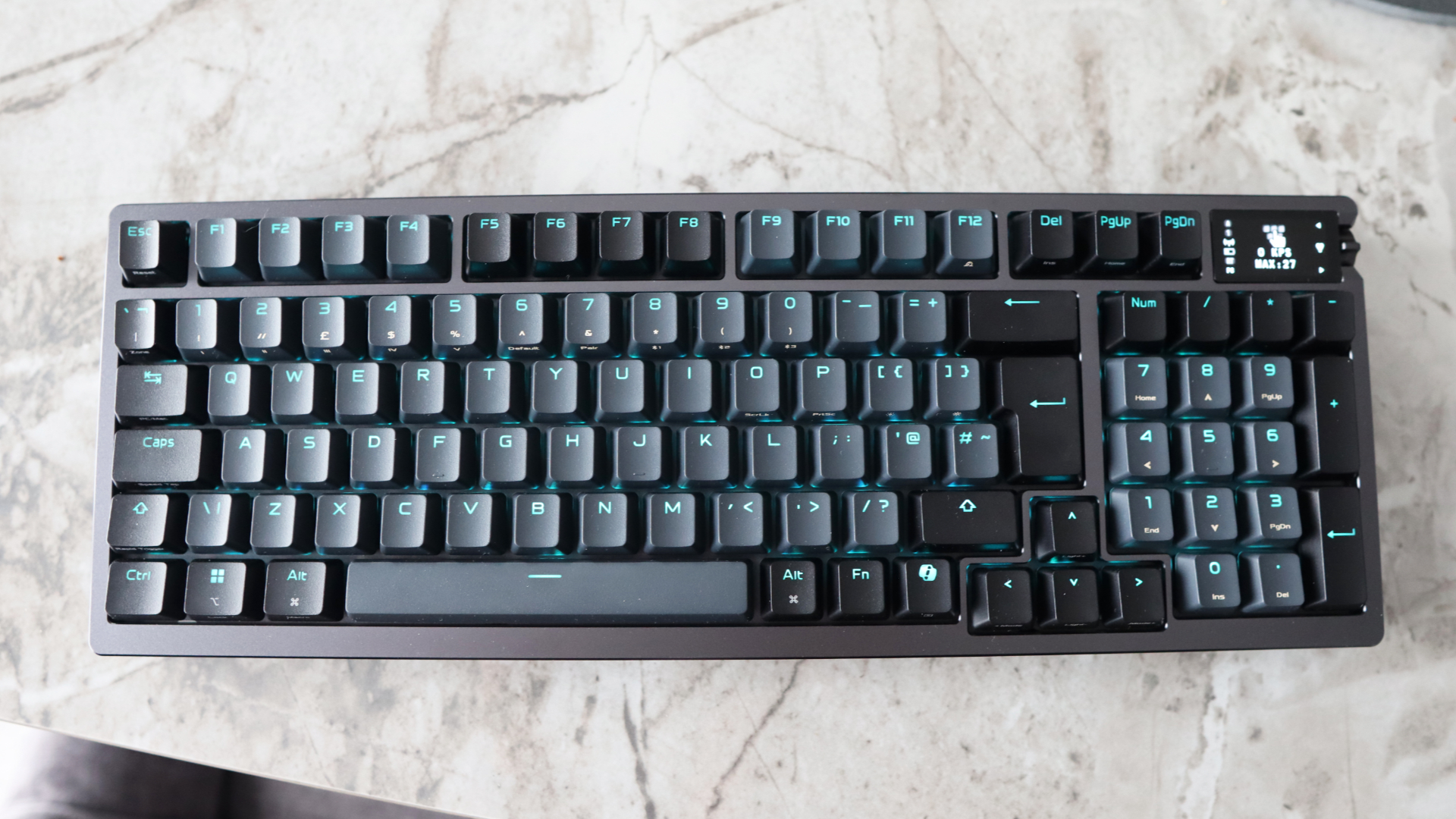US federal judge on Meta's AI copyright fair use argument: 'You are dramatically changing, you might even say obliterating, the market for that person's work'
"I just don't understand how that can be fair use."

Comedian Sarah Silverman and two other authors filed copyright infringement lawsuits against Meta Platforms and OpenAI back in 2023, alleging pirated versions of their works were used without permission to train AI language models. Meta has since argued that such usage falls under fair use doctrine (via Reuters), but US federal district judge Vince Chhabria seems to have been less than impressed by the defence:
"You have companies using copyright-protected material to create a product that is capable of producing an infinite number of competing products," said Chhabria to Meta's attorneys in a San Francisco court last Thursday.
"You are dramatically changing, you might even say obliterating, the market for that person's work, and you're saying that you don't even have to pay a license to that person… I just don't understand how that can be fair use."
Under US copyright law, fair use is a doctrine that permits the use of copyrighted material without explicit permission of the copyright holder, Examples of fair use include usage for the purpose of criticism, news reporting, teaching, and research.
It can be used as an affirmative defence in response to copyright infringement claims, although several factors are considered in judging whether usage of copyrighted works falls under fair use—including the effect of the use of said works on the market (or potential markets) they exist in.
Meta has argued that its AI systems make fair use of copyrighted material by studying it, in order to make "transformative" new content. However, judge Chhabria appears to disagree:
"This seems like a highly unusual case in the sense that though the copying is for a highly transformative purpose, the copying has the high likelihood of leading to the flooding of the markets for the copyrighted works," said Chhabria.
Keep up to date with the most important stories and the best deals, as picked by the PC Gamer team.
Meta attorney Kannon Shanmugam then reportedly argued that copyright owners are not entitled to protection from competition in "the marketplace of ideas", to which Chhabira responded:

Best gaming PC: The top pre-built machines.
Best gaming laptop: Great devices for mobile gaming.
"But if I'm going to steal things from the marketplace of ideas in order to develop my own ideas, that's copyright infringement, right?"
However, Chhabria also appears to have taken issue with the plaintiffs attorney, David Boies, in regards to the lawsuit potentially not providing enough evidence to address the potential market impacts of Meta's alleged conduct.
"It seems like you're asking me to speculate that the market for Sarah Silverman's memoir will be affected by the billions of things that Llama [Meta's AI model] will ultimately be capable of producing," said Chhabria.
"And it's just not obvious to me that that's the case."
All to play for, then, although by the looks of things judge Chhabria seems determined to hold both sides to proper account. It also gives me a chance to publish a line I've always wanted to write: The case continues. Yep, it's about as satisfying as I thought.

Andy built his first gaming PC at the tender age of 12, when IDE cables were a thing and high resolution wasn't—and he hasn't stopped since. Now working as a hardware writer for PC Gamer, Andy spends his time jumping around the world attending product launches and trade shows, all the while reviewing every bit of PC gaming hardware he can get his hands on. You name it, if it's interesting hardware he'll write words about it, with opinions and everything.
You must confirm your public display name before commenting
Please logout and then login again, you will then be prompted to enter your display name.

